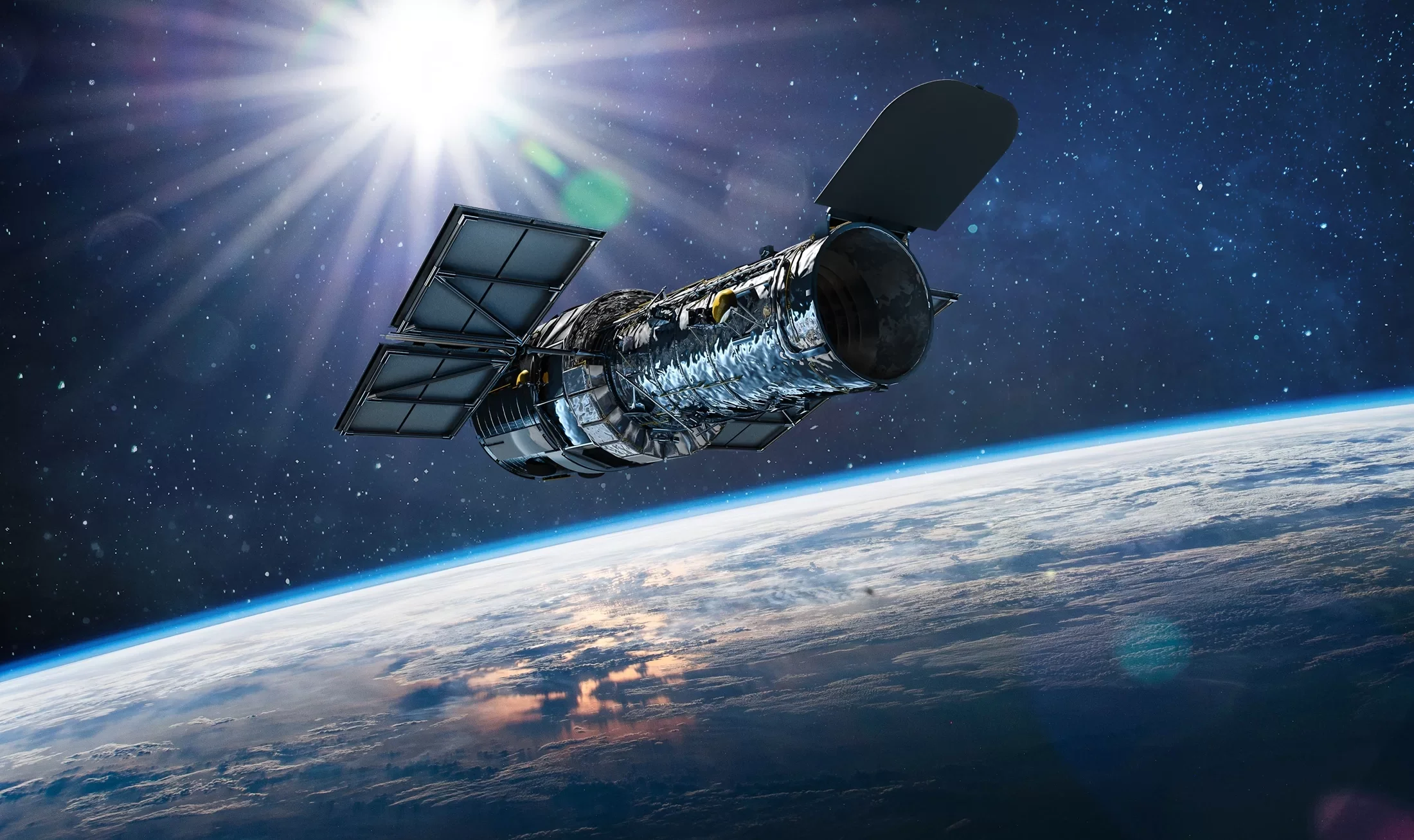
The telescope took a picture of two intertwining galaxies in the constellation Eridanus. They are located at a distance of 670 million light years from Earth, they can be observed in the Southern Hemisphere.

The galaxies are collectively named Arp-Madore 417-391. They were captured by Hubble's Advanced Camera for Surveys. The image shows that due to gravity, the galaxies formed an unusual ring shape. The nuclei of galaxies are extremely close to each other, and their "tails" form a circle. NASA noted that such a configuration is rare and is formed during a direct collision of galaxies, as they say, “head to head”.
Probably the resulting image will be one of the last made by Hubble. In recent years, the telescope has experienced a number of malfunctions. Most likely, Hubble will fall to Earth by the end of this decade. NASA, in collaboration with SpaceX, intends to increase the orbit of the telescope, which will increase the service life. But no one is counting on its long service life in the space agency.
Full resolution photos can be viewed here.

The galaxies are collectively named Arp-Madore 417-391. They were captured by Hubble's Advanced Camera for Surveys. The image shows that due to gravity, the galaxies formed an unusual ring shape. The nuclei of galaxies are extremely close to each other, and their "tails" form a circle. NASA noted that such a configuration is rare and is formed during a direct collision of galaxies, as they say, “head to head”.
Probably the resulting image will be one of the last made by Hubble. In recent years, the telescope has experienced a number of malfunctions. Most likely, Hubble will fall to Earth by the end of this decade. NASA, in collaboration with SpaceX, intends to increase the orbit of the telescope, which will increase the service life. But no one is counting on its long service life in the space agency.
Full resolution photos can be viewed here.
Login or register to post comments
Comments 0